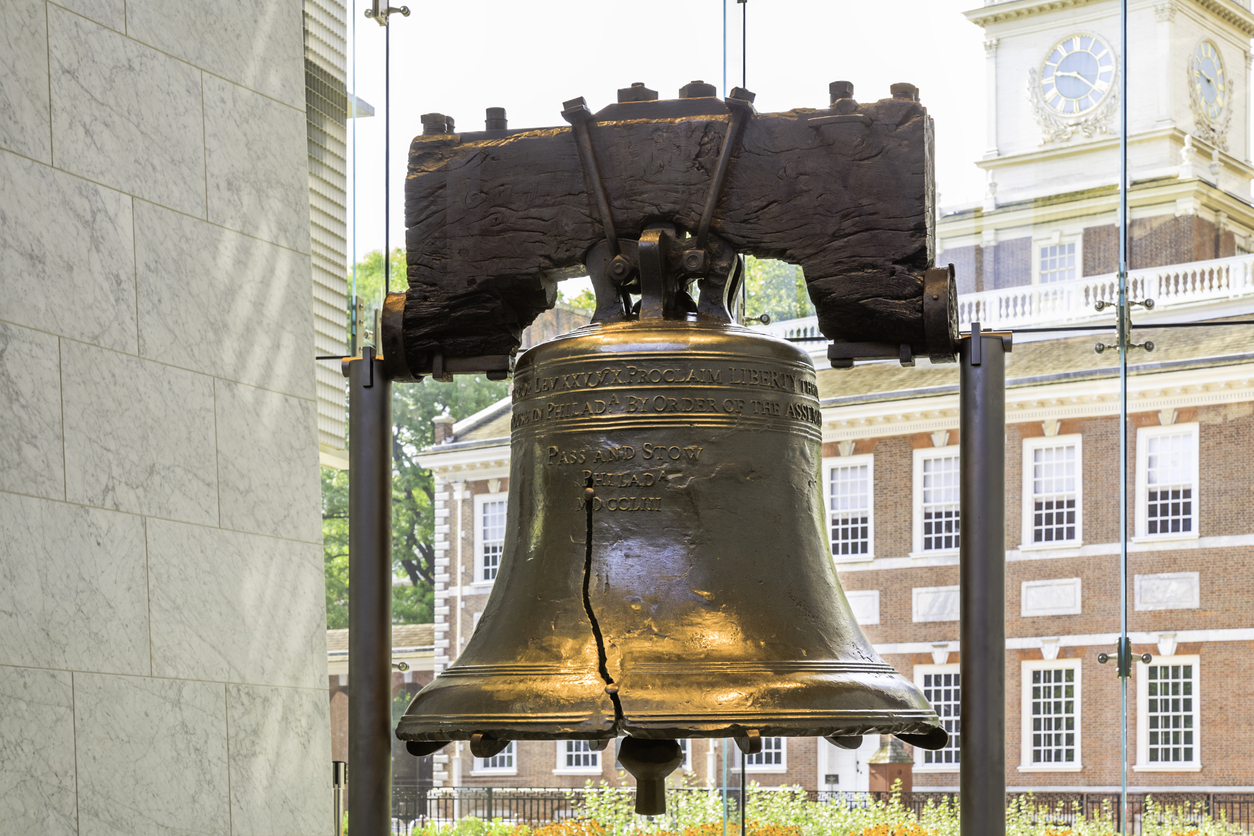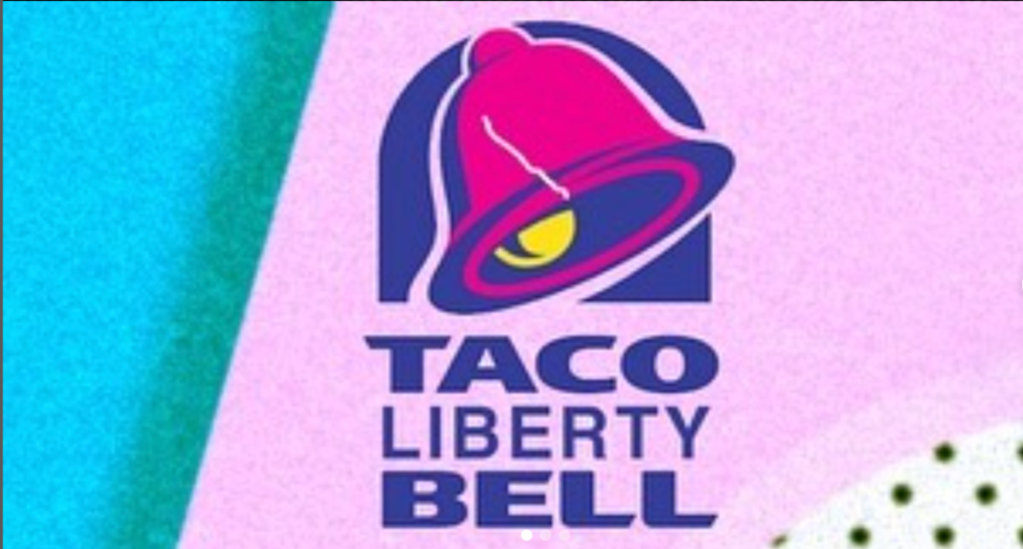Trending Now
In the true nature of amazing hoaxes, this one took off before anyone at Taco Bell or anyone who worked for the Liberty Bell knew what was going on. That pretty much makes this a controversy that no one who remembers it is ever going to forget.
It began early on the morning of April 1, 1996, at the office of the National Park Service. They, along with The Philadelphia Inquirer, a handful of radio stations, and the Taco Bell headquarters, began to hear from citizens who were angry about what they’d heard on the news.
Here’s what they thought was going down.
“In an effort to help the national debt, Taco Bell is pleased to announce that we have agreed to purchase the Liberty Bell, one of our country’s most historic treasures. It will now be called the ‘Taco Liberty Bell’ and will still be accessible to the American public for viewing. While some may find this controversial, we hope our move will prompt other corporations to take similar action to do their part to reduce the country’s debt.”
It was a joke, but for everyone who didn’t realize the date on the calendar, it was a source of outrage that would eventually be addressed as high as the White House.
The idea was the brainchild of PainePR, a public relations firm employed by the taco chain. They worked with Taco Bell executive Jonathan Blum to come up with a fun way to thrust the brand name into the spotlight…and this definitely worked.
They figured that since corporations were buying all kinds of things, like stadiums and arenas, this would fit right in. To make it all seem more official, their advertising firm even distributed announcements to major papers.
The fact that the announcement to the press went out a few days before April 1, combined with the fact that they were using a reputable firm, made it easy to miss as a joke.
Strangely, the papers didn’t even really question it.
They also issued a press release that advised the Liberty Bell would now share time between Philadelphia and Irvine, CA, where the company was headquartered.
NPS spokesperson Elaine Sevy described what was a wild day on the job.
“We were shocked. We had no idea this was happening. We have just been getting hammered with phone calls from the public.”
Employees estimated that around 75% of those calls fell into the “angry” category.
Paine said that, from their end, the thing went off without a hitch.
“It hit at just the right moment of time in our country’s history. Companies were beginning to sponsor things… At the time, it was just becoming controversial. And so the idea that Taco Bell could, in effect, purchase or sponsor the Liberty Bell seemed like a really fun, creative, and goofy idea that would appeal to their young audience. Be a little anti establishment, which is exactly what we were going for in terms of the Taco Bell brad.”
By the end of the day, though, Taco Bell, the NPS, and even White House spokesperson Mike McCurry had to issue statements reassuring the public it had been a joke and the Liberty Bell was not under corporate control.
Some people thought the joke was in poor taste, though, like longtime Philadelphia resident George Veal.
“I think it’s in poor taste. Even if it’s a joke, I don’t think that they should take that symbol and use it in an advertisement. I don’t think it’s right … It just goes to show you nothing is sacred anymore … the Liberty Bell belongs to the country … it belongs to the people.”
Taco Bell was unconcerned, as they ended up seeing a return of about $25 million in publicity for the $300k in ad expenses. They did chip in $50k toward preservation efforts for the Bell’s new pavilion, as well.

Image Credit: iStock
Even so, Paine says that it would be impossible for a large company like PepsiCo to issue a fraudulent press release today without serious blowback.
Is that fair, or have people gotten even less fun over the past couple of decades?
Let us know your thoughts in the comments!






